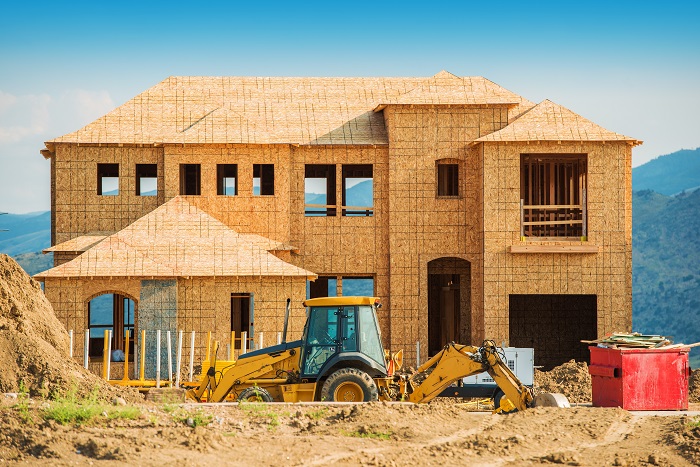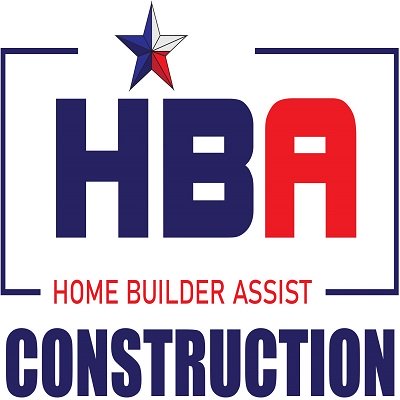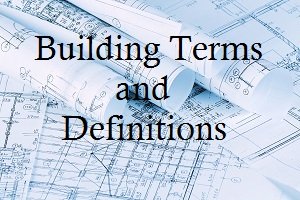Scope of Work Statements
AKA Construction Contracts or Sub-Contractor Agreements
Scope of Work Statements are a vital part of any building project. It is imperative that you get every sub-contractor on your project to sign one prior to work beginning. They are best when they specify items such as work to be performed, cost of work, materials provided for the work, estimate of completion time and a warranty when applicable.

Whose to Use
If the sub-contractor is sophisticated, they will probably already have a contract template. For instance, the tradesmen who provide services for the major systems like plumbing, electrical and HVAC will usually have their proposals in writing and ask that you sign the agreement written on their letter head. Great. If they offer one, use it. In addition to their contract, be aware that you can also add an addendum of your own. Just be sure it is annotated in the main contract.
If not, make sure you get the sub-contractors to sign one that you provide. For the sake of this article, I refer to these contracts as Scope of Work Statements.
Scope of Work Statements
A Scope of Work Statement can make a great construction contract even better. A well-written Scope of Work Statement is clear, complete, logical and concise so it can be understood by both the sub-contractor and the owner-builder. It describes in detail what is expected from the sub-contractor and is used as a measuring tool for the owner-builder to ensure the project objectives are met. They should also include procedures to change the conditions of the contract. Written change orders need to be clear and concise.
The Scope of Work Statement is extremely important for all projects and are critical to building a quality home that will last. When hiring tradesmen and suppliers, a good Scope of Work Statement will make sure they understand exactly what is expected. The Scope of Work Statement along with an accurate sub-contract agreement (usually in the form of an estimate) are critical to prevent errors and legal issues.
A Variety of Uses
Use it when requesting prices from sub-contractors
Fill out the statement with as much information as possible prior to submitting for an estimate. It is also good to include a general Scope of Work that could include such items as start and end time, safety requirements and days and times of the week available to work. Be sure to also include a copy of your house plan with any other reports that may be necessary for the sub-contractor to give an accurate estimate. For example, include the soil engineers report when requesting a foundation bid.
Use it as part of the signed sub-contractor agreement
This will further define what work is and is not included. Make it part of the sub-contractors agreement by mentioning it specifically in the agreement they present you. Make it an addendum, which is an integral part of the contract. Make sure each company you hire signs and dates the statement. An initial on each Scope of Work page is usually sufficient for statements larger than one page.
Use it on the building site to enforce the clauses therein
Reference back to the Scope of Work Statement as your project is being built. Especially have it on site while the specific sub-contractor is onsite. Keep these accessible for daily review. If there is ever a question about what the workmanship or materials should be, refer back to the signed statement while you can still correct the problem in a timely fashion.
Home Builder Assist Clients
As a client of Home Builder Assist, we will provide you with several templates to use. These Scope of Work Statements are generic. Your plan design, materials and building methods will need to be included in the Scope of Work Statement. That is why one may need to change and/or adapt them to a particular use. In addition, it is a wise practice to have a professional in your area review them prior to use as Home Builder Assist does not offer legal advice.



